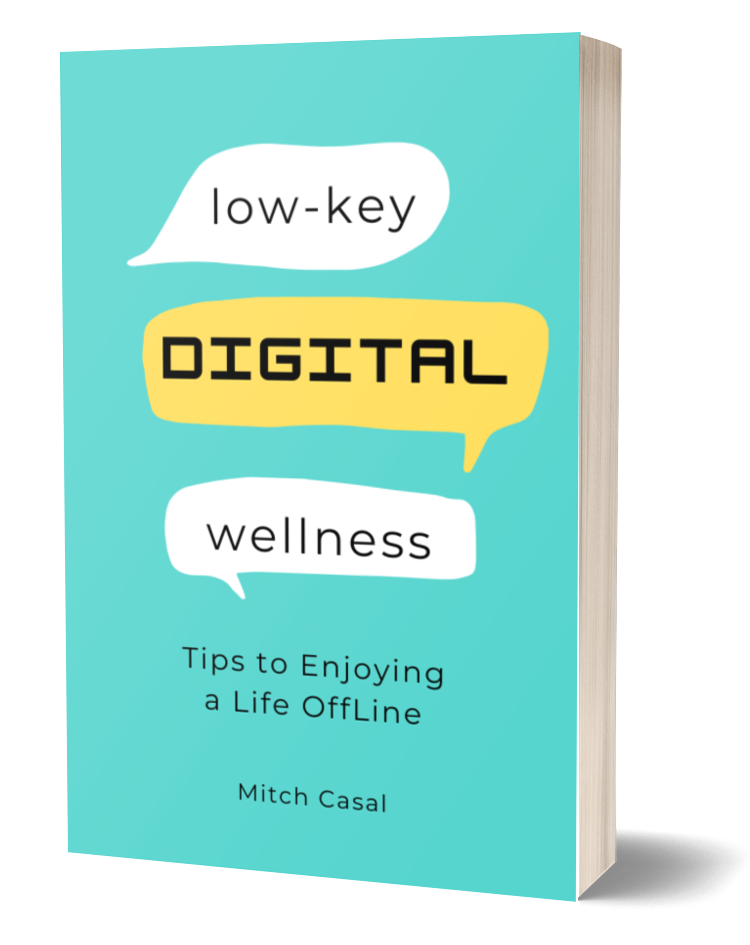The Secret That's Stealing Your Life
Let's be brutally honest for a moment. You know that feeling, don't you? That twitch in your hand, that itch in your brain, the one that screams "CHECK YOUR PHONE!" It’s not a request anymore, is it? It’s a command. A silent, irresistible magnet pulling your focus away from everything that actually matters.
You woke up today, promising yourself this time would be different. You’d finally get that project done or talk to your friends. But the siren song started. A quick peek at a notification. A fast scroll. And then, like a black hole sucking in light, hours vanished. Gone. Irretrievable.
You know what "phubbing" is? You’re doing it to the people you care about, creating an emotional wall, when you reach for your phone, while in their company.
You try to escape your stress, your boredom, your loneliness. That screen? It’s a powerful drug. A temporary fix. A quick hit of dopamine, a distraction from uncomfortable emotions. But the relief never lasts. You feel like a puppet, and the phone holds the strings.
And what did you get? A headache? Strained eyes? That nagging, hollow ache in your gut that tells you something’s desperately wrong?
And sleep? Forget about it. You crawl into bed, but the blue light pulls you in. Then it’s 2 AM, your eyes are burning, your mind is racing. Tomorrow is fueled by caffeine and regret. You are perpetually exhausted, irritable, and just plain unhappy. This thing has control over your mood and your health.
It's time to face it. This is a quiet, insidious war for your well-being.
And the battle is occurring on your phone.
Low-Key Digital Wellness Discusses:

According to the father of positive psychology, Dr. Martin Seligman, we seek 3 things for our lives. We talk about why having a better screen life leads us to:
o The pleasant life – studies quantifying the unpleasantness of excessive online activities
o The meaningful life – repurposing our screentime to find something of more value